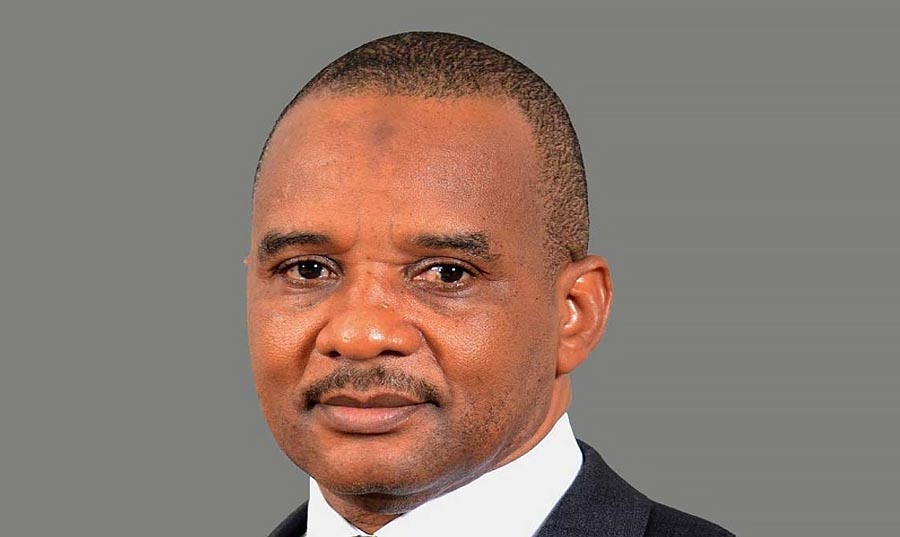The political landscape of Kaduna State, Nigeria, is abuzz with speculation regarding the allegiance of former Governor Nasir El-Rufai, a prominent figure in the ruling All Progressives Congress (APC). Dr. Bashir Jamoh, a chieftain of the APC and former Director General of the Nigerian Maritime Administration and Safety Agency (NIMASA), has stepped forward to address these swirling rumors, asserting that El-Rufai remains a stakeholder within the party. While acknowledging El-Rufai’s recent mentions of other political entities, such as the Social Democratic Party (SDP) and the African Democratic Congress (ADC), Jamoh emphasized that the former governor has not officially severed ties with the APC. He portrays El-Rufai as a valuable source of counsel and expertise, someone whose contributions to public service extend beyond partisan politics. Jamoh’s stance suggests that the APC continues to view El-Rufai as an integral part of its fabric, seeking his insights and advice on matters of governance.
Jamoh underscored El-Rufai’s significant contributions to both the APC and the development of Kaduna State, describing him as a “political institution.” He highlighted El-Rufai’s long and varied political career, tracing his trajectory from his ministerial role under the People’s Democratic Party (PDP) to his instrumental role in the formation of the APC and his subsequent eight-year governorship of Kaduna State. This historical context serves to emphasize the deep roots El-Rufai has within the APC’s lineage, making him a difficult figure to simply dismiss. While acknowledging El-Rufai’s autonomy in making personal political choices, Jamoh affirmed the APC’s continued openness to him, regardless of his affiliations with other parties. This welcoming stance suggests an ongoing effort to maintain a relationship with El-Rufai, recognizing his potential influence and the desire to prevent his complete departure from the APC fold.
Jamoh downplayed the potential threat posed by El-Rufai’s potential alignment with the ADC, characterizing the party as struggling to establish a robust presence in Kaduna State. He questioned the ADC’s capacity to challenge the APC’s dominance, emphasizing the nascent stage of the party’s development and its lack of recognizable leadership within the state. Even while acknowledging El-Rufai’s purported role as the ADC’s North-West leader, Jamoh cast doubt on the party’s ability to mount a serious challenge to the APC in the upcoming elections. This assessment reflects a confidence in the APC’s entrenched position and its ability to withstand any perceived threat posed by a fledgling opposition party.
Addressing concerns about the APC’s vulnerability should El-Rufai join an opposition party, Jamoh shifted the focus from the individual to the strength of the party itself. He argued that El-Rufai’s constitutional term limit as governor renders him ineligible for another gubernatorial run, thereby limiting his direct electoral impact. Consequently, Jamoh framed the central question as one of the opposition party’s ability to defeat the APC, expressing his strong belief in the APC’s continued dominance in Kaduna State. He used a metaphor to illustrate his point, likening the APC to a substantial portion of ground corn, too large for any single pot, suggesting that the party’s political weight is too significant for any other party to overcome.
Jamoh further bolstered his argument by challenging observers to conduct independent surveys to assess the viability of opposition parties in Kaduna. He expressed confidence in the APC’s deep bench of capable candidates, suggesting that the party has more than ten individuals who could potentially succeed Governor Uba Sani. This assertion aims to project an image of strength and depth within the APC, implying that the party is not reliant on any single individual and can readily field competitive candidates for future elections. He urged against overestimating the opposition’s potential and encouraged continued investment in the APC, emphasizing the long-term benefits of remaining aligned with the dominant political force.
While acknowledging the existence of internal challenges within the APC, Jamoh maintained that the party remains the dominant force in Kaduna politics. He acknowledged the presence of issues but stressed that the party is actively addressing them. He cautioned against falling prey to propaganda suggesting widespread defections and urged against abandoning the APC based on perceived opposition strength. This message seeks to reassure party members and supporters, urging them to remain steadfast and focused on the APC’s long-term prospects. Jamoh’s overall message is one of confidence in the APC’s resilience and its continued dominance in Kaduna State. He portrays El-Rufai as a valued figure, while simultaneously downplaying the significance of his potential departure and emphasizing the APC’s inherent strength and capacity to withstand any challenges.














